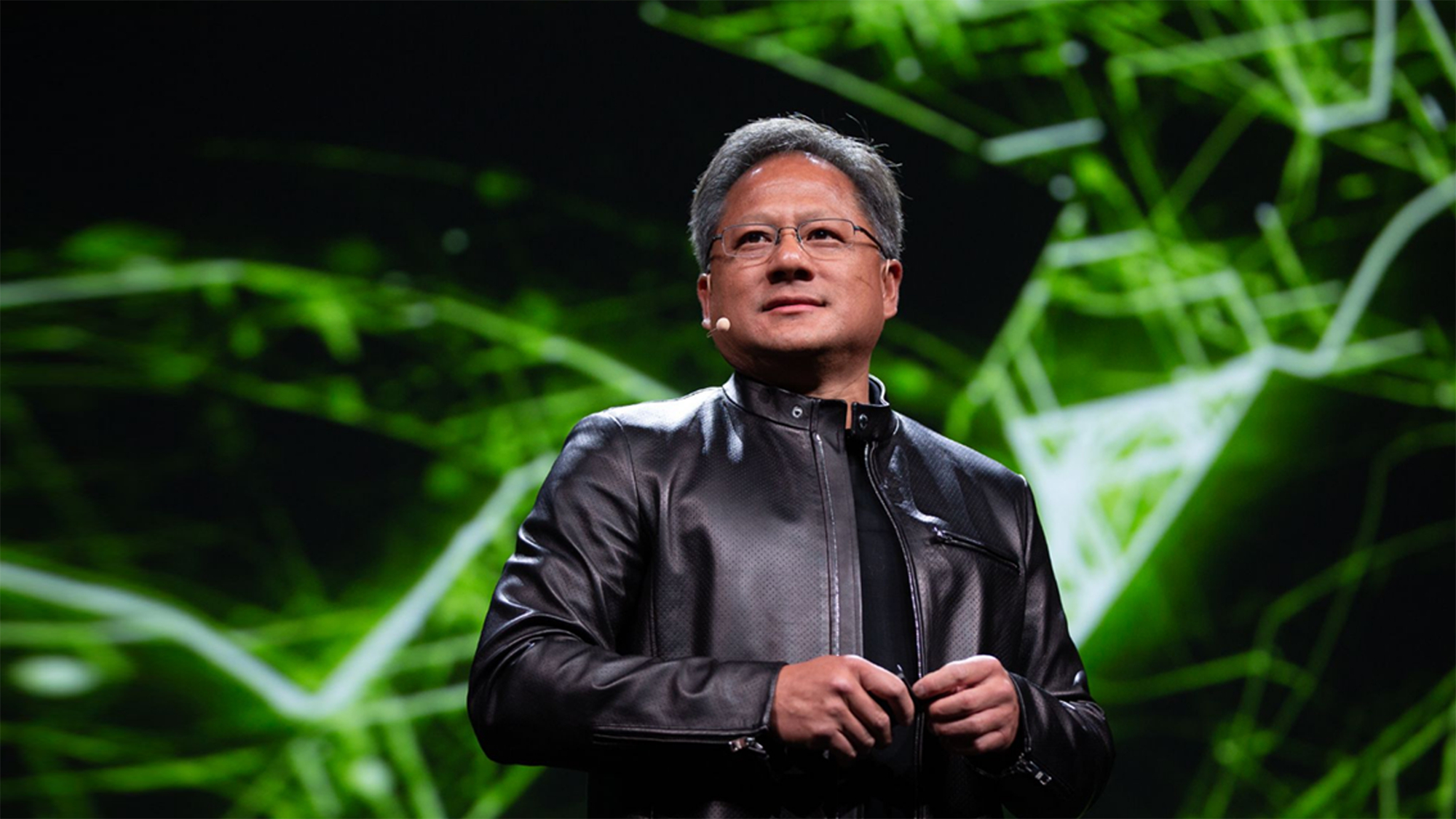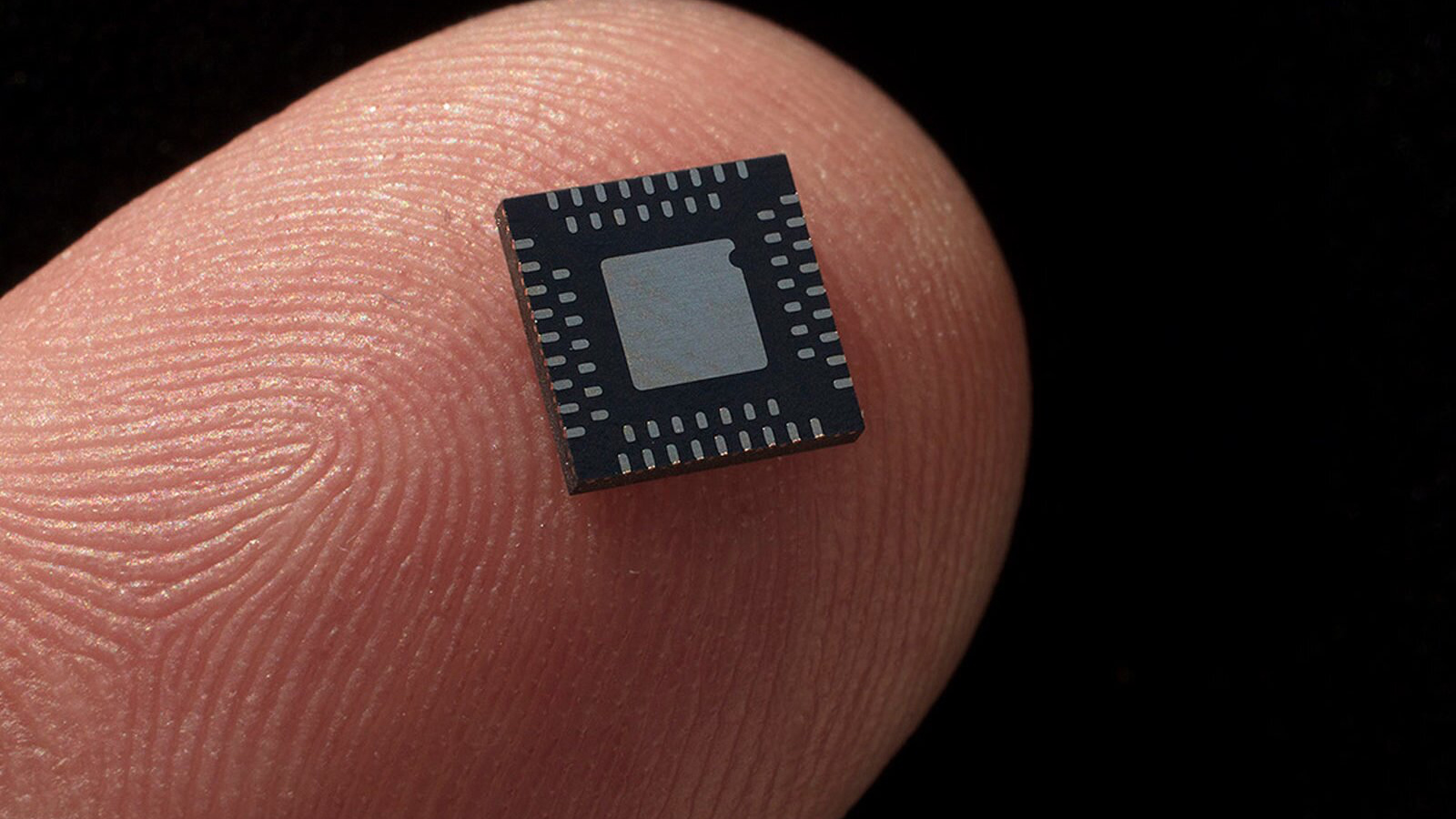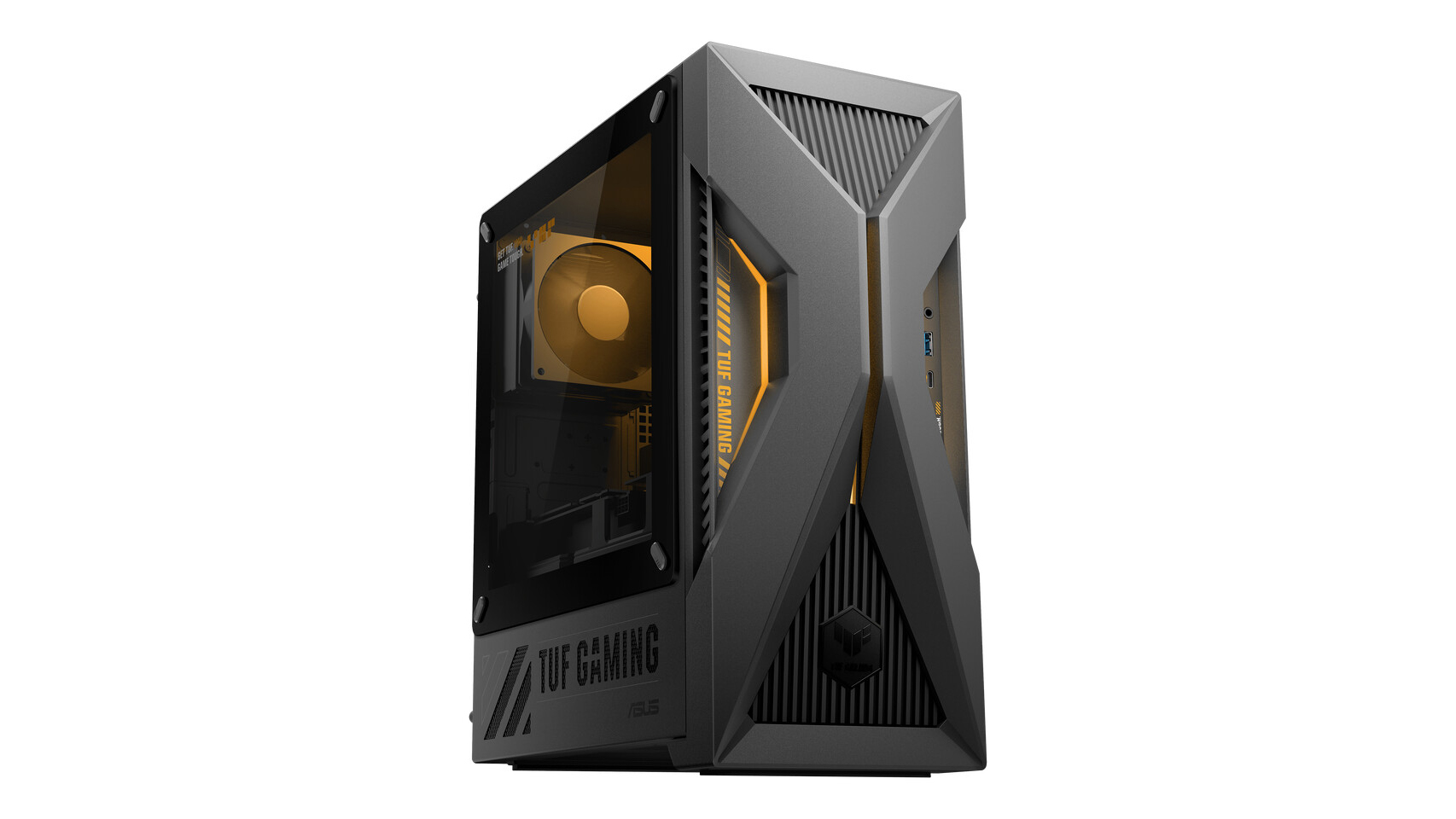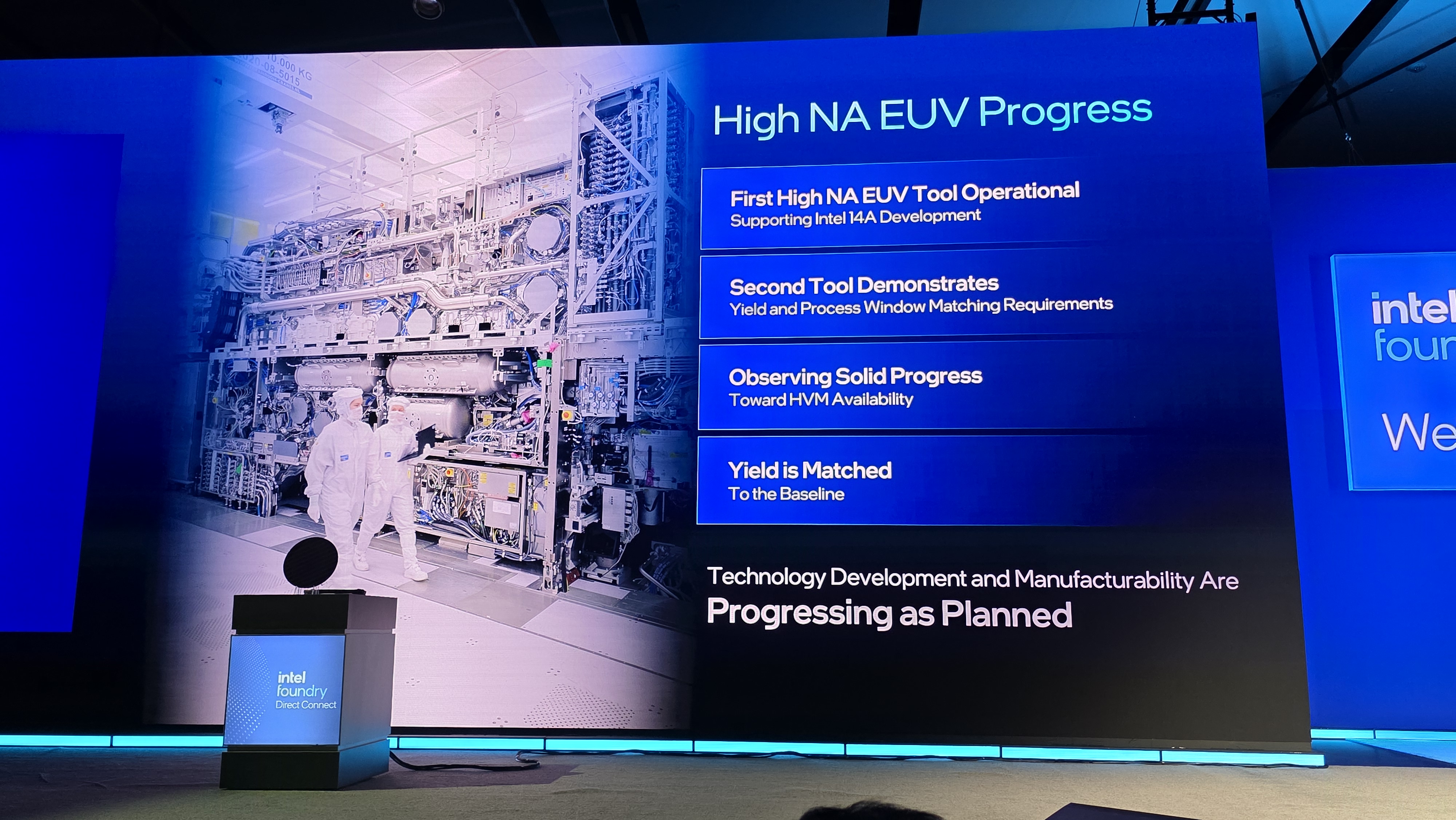Despite Nvidia claims, Chinese smugglers have used live lobsters and fake baby bumps to traffic electronics
Anthropic has been accused of telling "tall tales" about Chinese chip smugglers.

Nvidia and Anthropic have publicly locked horns over the impending enforcement of the U.S. government's new AI Diffusion Rules. According to a CNBC report, an Nvidia spokesperson has described Anthropic's assertions that the Chinese sometimes go to extraordinary lengths to smuggle "large, heavy, and sensitive electronics" as "tall tales."
More specifically, a spokesperson for Nvidia told CNBC that, “American firms should focus on innovation and rise to the challenge, rather than tell tall tales that large, heavy, and sensitive electronics are somehow smuggled in ‘baby bumps’ or ‘alongside live lobsters.’”
In other words, Nvidia challenged the notion that the Chinese would smuggle those types of electronics, but we've seen plenty of examples of creative smuggling attempts, like smuggling CPUs in baby bumps or smuggling GPUs alongside live lobsters.
While Nvidia's stance might have merit if we consider the scale of these bizarre smuggling operations (these attempts were with smaller processors or discrete graphics cards as opposed to large rack-scale server solutions used to train frontier models), Chinese Customs has documented these exact types of smuggling occurrences. While these weren't rack-level solutions, systems equipped with discrete graphics cards can be used to train smaller AI models or for research and development, and today's high-end graphics cards are easily classified as large, heavy, and sensitive electronics. Check out the above links for more details on those particularly peculiar cases.
Furthermore, what we see is probably just the tip of the iceberg. And that's to say nothing of suspect GPU sales in Singapore and Malaysia, with the former reportedly under investigation by the U.S. government.
This situation seems to have come to a head as the new AI Diffusion Rules, designed to prevent hostile nations like China from gaining advanced AI technologies from the West, are set to come into force starting on May 15. The Biden administration formulated these rules toward the end of his term (they were published in January).
In one corner, Nvidia is keen to continue supplying as many high-end GPUs to China as the country can absorb, and it is allowed to supply.
Meanwhile, Amazon-backed and U.S.-based AI firm Anthropic naturally wishes for a ready supply of AI accelerators stateside, with fewer competitors to push pricing up. It reportedly has plans for bigger and better data centers to propel its fortunes. Moreover, it pleads the case for keeping transformative AI technologies in the U.S. "in alignment with American values and interests."
Follow Tom's Hardware on Google News to get our up-to-date news, analysis, and reviews in your feeds. Make sure to click the Follow button.
Stay On the Cutting Edge: Get the Tom's Hardware Newsletter
Get Tom's Hardware's best news and in-depth reviews, straight to your inbox.

Mark Tyson is a news editor at Tom's Hardware. He enjoys covering the full breadth of PC tech; from business and semiconductor design to products approaching the edge of reason.
-
pointa2b Demand is almost always more powerful than laws, regulations, export controls. Cutting edge chips have probably been in the process of being reversed engineered for months.Reply -
papaspud Reply
If only it was that easy...pointa2b said:Demand is almost always more powerful than laws, regulations, export controls. Cutting edge chips have probably been in the process of being reversed engineered for months. -
hotaru251 Reply
this is fact.pointa2b said:Demand is almost always more powerful than laws
Theres a reason bans and stuff never work well...if the demand is high theres always a black market for it.
Heck the USA knows this well given the prohibition...you can try to stop something from being sold to people but it will never work.
Only way to stop em entirely would be having an always connected product that literally fries its components when it enters a banned geolocation...which wont ever happen for many reasons. -
SomeoneElse23 Reply
Bingo.pointa2b said:Demand is almost always more powerful than laws, regulations, export controls. Cutting edge chips have probably been in the process of being reversed engineered for months.
You can't legislate morality. -
King_V Reply
Yeah, but the lobsters in question can probably play Crysis!derekullo said:My lobster can, in fact, play Doom! -
A Stoner Reply
Prohibition was against a product that nearly every single farmer, who were the majority of the nation at the time, knew how to make. It was never going to work.hotaru251 said:this is fact.
Theres a reason bans and stuff never work well...if the demand is high theres always a black market for it.
Heck the USA knows this well given the prohibition...you can try to stop something from being sold to people but it will never work.
Only way to stop em entirely would be having an always connected product that literally fries its components when it enters a banned geolocation...which wont ever happen for many reasons.
This is a prohibition against a product that can only be made by a few entities in the entire world. While we might not be able to stop 100% of smuggling of these items, we can slow it down to a tiny trickle if we put the effort in.
is it worth it? I do not feel AI is going to amount to much, but I could be wrong. -
A Stoner Reply
This is not morality. And reverse engineering these chips takes equipment China does not own and if they did have the equipment decades to reverse engineer and likely decades more to build the equipment to replicate them. Russia is only about 23 years behind right now, and that is only because they were SOLD the equipment and knowledge they currently use.SomeoneElse23 said:Bingo.
You can't legislate morality.









